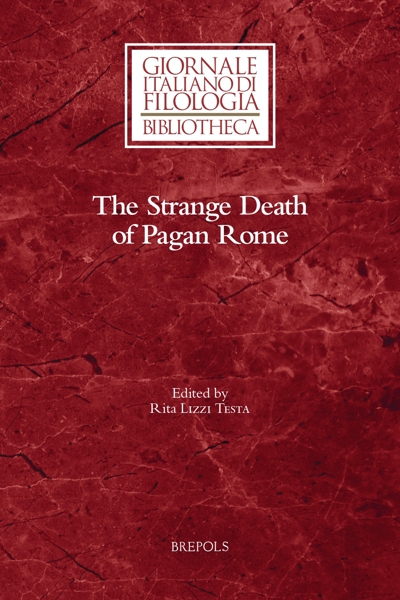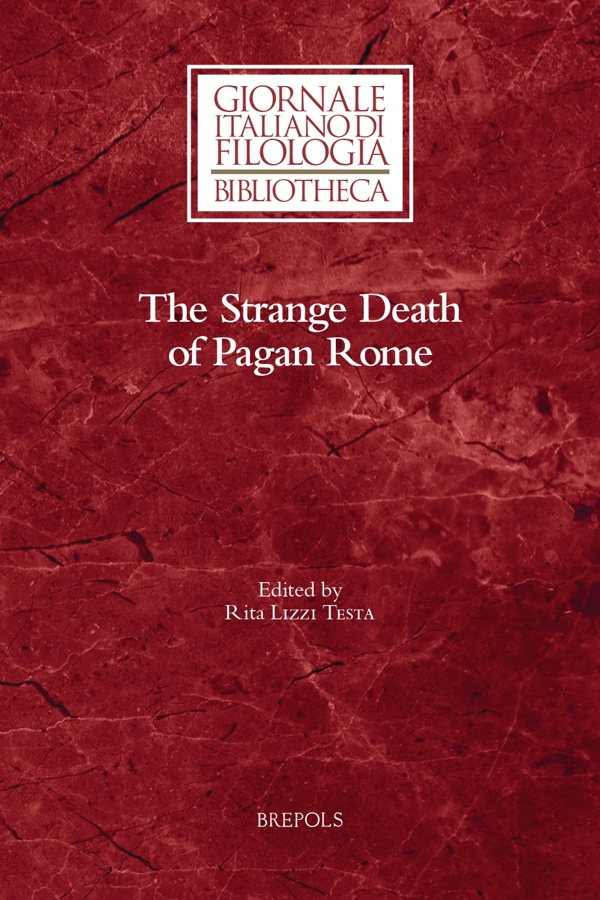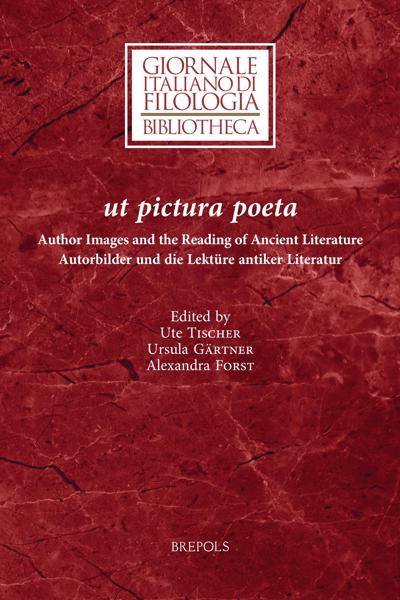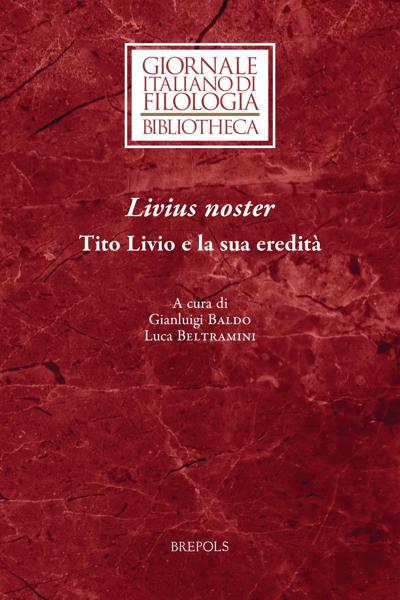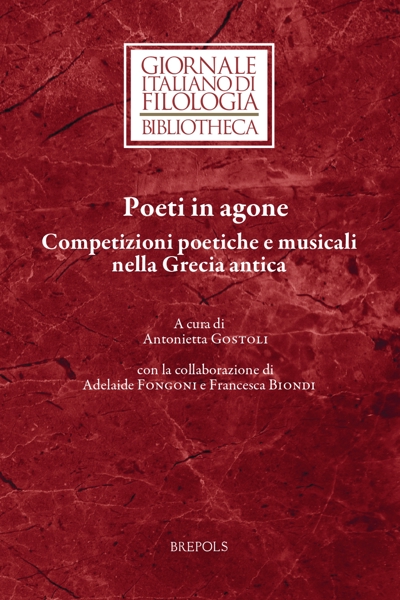
The Strange Death of Pagan Rome
Reflections on a Historiographical Controversy
Rita Lizzi-Testa (ed)
- Pages: 198 p.
- Size:156 x 234 mm
- Language(s):English
- Publication Year:2014
- € 90,00 EXCL. VAT RETAIL PRICE
- ISBN: 978-2-503-54942-2
- Paperback
- Available
- € 90,00 EXCL. VAT RETAIL PRICE
- ISBN: 978-2-503-57153-9
- E-book
- Available
A sustained and multiperspective critical review of Alan Cameron’s landmark 2011 The Last Pagans of Rome
"The work has to be judged a considerable success. (...) This volume, in short, offers Cameron's masterpiece the twin compliments of high praise and serious scrutiny. For anyone looking to work in these fields in the wake of Cameron, it will be suggestive and instructive reading." (James J. O'Donnell, in: Bryn Mawr Classical Review, September 2014, [2014.09.53])
"Denn gelesen zu werden verdient er auf jeden Fall." (Raphael Brendel, in: Sehepunkte, 15 (2015), Nr. 2 [15.02.2015])
"(...) this volume will certainly be of interest to those who have read Cameron’s magnum opus and wish to consider new and alternative approaches to many of his arguments." (Richard Flower, in: Histos, 9, April 2015, p. 64-67)
"(Cameron) has given the thesis of aristocratic pagan resistance the treatment that Hercules gave the Hydra, though plenty of room for debate remains across the work's full range, as already illustrated by a thoughtful collection of essays by distinguished Italian scholars." (Gavin Kelly, in: The Classical Review, 65, 2015, p. 233)
The end of paganism in antique Rome strongly involves the nature of the relations between pagans and Christians in the fourth century AD. The historical paradigm of conflict has been disseminated by scholars as the Hungarian András Alföldi, who in 1934 presented a Christian Constantine in irreconcilable conflict with a pagan Rome, and by H. Bloch, who consolidated the idea of a conflictual model in which the aristocracy of Rome, faced with a tightening of measures against traditional cults, realized a real ‘pagan revival’ and led against Theodosius I «the last pagan army of the ancient world». This model was subjected to a massive critique by Alan Cameron in his The Last Pagans of Rome (Oxford 2011), but in less than two years' time Cameron’s publication has aroused a strong response, especially on the part of European scholars, and the debate has gained new, effervescent relevance.
This volume collects the reflections mainly of Italian scholars, who do not not only take Alföldi’s and Bloch’s model as their dialectic reference, but rather Alan Cameron’s, which is the more insidious in its paradoxical nature. For the English scholar the concept of conflict is a pure historiographical construct because no real pagans remained in Rome when Theodosius issued laws against paganism. They were not pagan but classical élites, people totally soaked in classical culture, who accepted Christianity when it became compatible with classical culture and the imperial institutions. In his monumental book, Alan Cameron argues his position through learned demonstrations and the review of a vast amount of literary, archaeological, epigraphic and even artistic documentation. Nevertheless, much of this evidence can be read again from very different perspectives, and this is what the contributors to this volume try to do.
Preface (Rita Lizzi Testa)
Introduction (Guido Clemente)
When the Romans Became pagani (Rita Lizzi Testa)
Chapter 3: The Frigidus (Giorgio Bonamente)
Alan Cameron and the Use of Epigraphic Sources (Silvia Orlandi)
Macrobius' Saturnalia and the Carmen contra paganos (Franca Ela Consolino)
Correctors and the 'Classical' Text (Lellia Cracco Ruggini)
Classicism, paideia, Religion (Gianfranco Agosti)
Claudian in Context (Isabella Gualandri)
Alan Cameron's Virius Nicomachus Flavianus (Giovanni Alberto Cecconi)
Classical Revivals and 'Pagan' Art (Gian Luca Grassigli)
The Last Pagans of Rome and the 'Viewers' of Roman Art (Alessandra Bravi)
La Storia Augusta (François Paschoud)
